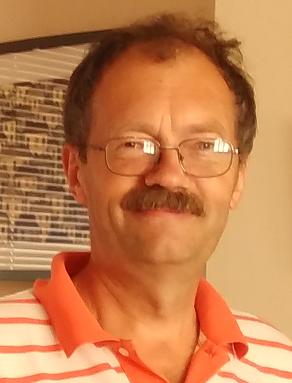
Session on November 14, 2016, 11-12h . Seminar of Department of Applied Physics I. ETSII G0.81. Avda Reina Mercedes s/n

Dr. Yuriy A. Kosevich:
Semenov Institute on Chemical Physics, Moscow, Russia (Researchgate profile)
Charged ultradiscrete supersonic kinks and discrete breathers in nonlinear molecular chains with realistic interatomic potentials and electron-phonon interactions
Abstract: Supersonic kinks in molecular chains with realistic interatomic potential produce a local compression of the lattice. On the other hand, the lattice compression enhances the electron Fermi energy and therefore the local compression should produce for the electron a local potential hill, instead of a potential well, through the deformation potential of the proper sign. In this Lecture we will discuss the scenario of electron trapping above the top of its tight-binding conduction band, where it possesses negative effective mass, by a supersonic kink in a molecular chain with realistic interatomic potentials and electron-phonon interactions. An electron or hole can also be trapped by an intrinsic localized mode (discrete breather) in a lattice with realistic asymmetric anharmonic potentials.
References:
1. J. F. R. Archilla, Yu. A. Kosevich, N. Jiménez, V. J. Sánchez-Morcillo, and L. M. García-Raffi, “Ultradiscrete kinks with supersonic speed in a layered crystal with realistic potentials”, Phys. Rev. E 91 (2), 022912-1–022912-12 (2015).
2. Yu. A. Kosevich, “Nonlinear sinusoidal waves and their superposition in anharmonic lattices”, Phys. Rev. Lett. 71 (13), 2058-2061 (1993).
3. Yu. A. Kosevich, R. Khomeriki, and S. Ruffo, “Supersonic discrete kink-solitons and sinusoidal patterns with “magic” wave number in anharmonic lattices”, Europhys. Lett. 66 (1), 21–27 (2004).
4. A. M. Kosevich and A. S. Kovalev, “Self-localization of vibrations in a one-dimensional anharmonic chain”, Sov. Phys. JETP 40 (5), 891-896 (1975).
Organized by JFR Archilla and theNonlinear Physics Group (GFNL) of the University of Sevilla